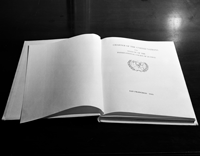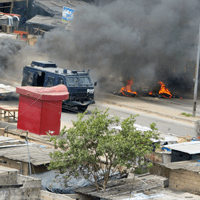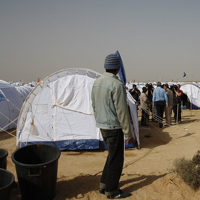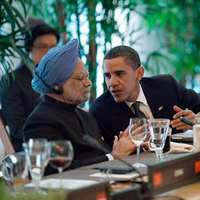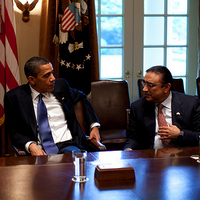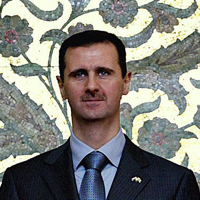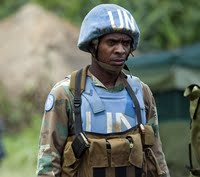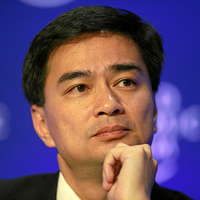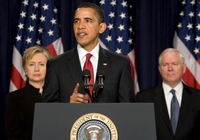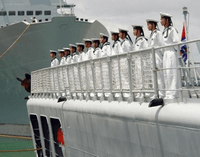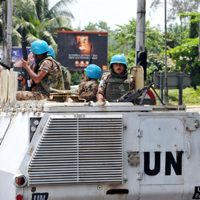
The debate over humanitarian intervention has a way of calling forth unconditional answers to a question that ought to elicit subtle reflection: What responsibilities do citizens of some or all states have to those of another state who are suffering grave harm? Realists argue that, however tragic, such situations seldom if ever touch on the fundamental interests of other powers, and thus no response is justified. Anti-imperialists maintain that most of the outside powers that have the ability to intervene cannot do so justly or disinterestedly, for reasons of history and current political economy. Purists claim that interventions are not […]

